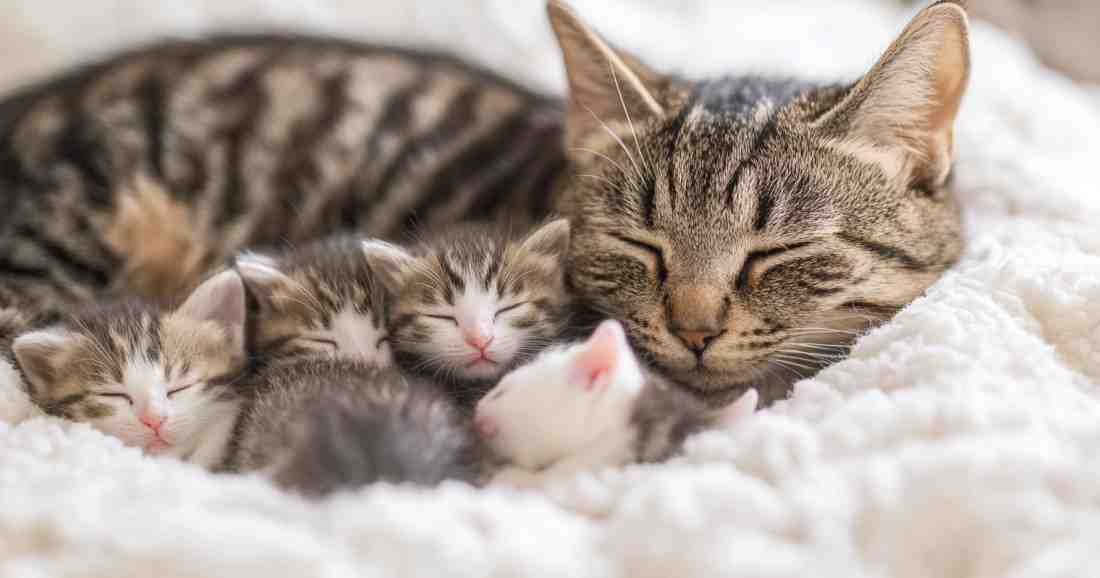
When Will My Cat Give Birth Quiz – Prepare for Your Feline’s Big Day! Few moments are as exciting—and nerve-wracking—as awaiting the birth of a litter of kittens. If your cat is pregnant, you’re likely wondering when she’ll go into labor and how to ensure a smooth delivery. While most feline pregnancies last around 63 to 67 days, each cat is unique, and subtle signs can indicate that labor is approaching. Are you ready to predict when your cat will give birth? Take the When Will My Cat Give Birth Quiz to estimate your cat’s due date and prepare for this special event!
A cat’s pregnancy, also known as the gestation period, typically lasts about nine weeks. Unlike some animals that show immediate signs of pregnancy, cats can be secretive about their condition in the early stages. Around the third week, you may notice pinkening of the nipples, a subtle yet telling sign that kittens are on the way. By the fifth week, her belly will begin to expand, and she may show an increased appetite and affectionate behavior.
Signs That Labor is Near
Recognizing the signs of impending labor is essential for providing the right support. In the final days of pregnancy, a cat may exhibit nesting behavior, seeking out a quiet, comfortable spot to give birth. A decrease in appetite, increased restlessness, and excessive grooming—particularly around the belly—often indicate that labor is just hours away. Some cats may become more vocal, while others prefer solitude. Paying close attention to these signs can help you prepare for the big moment.
What to Expect During Labor
Cats typically handle labor on their own, but knowing what to expect can help you provide reassurance and intervene if necessary. The process consists of three stages:
- Stage One: The cat becomes restless, paces, and may begin panting or vocalizing. This can last up to 24 hours.
- Stage Two: Contractions intensify, and the first kitten is delivered. Each kitten is born within 30–60 minutes, with an entire litter arriving within a few hours.
- Stage Three: The placenta is expelled after each kitten, and the mother begins cleaning her newborns and nursing them immediately.
Most births occur without complications, but if labor lasts longer than 24 hours or there are extended gaps between kittens, veterinary assistance may be needed.
Fascinating Cat Birth Facts
- Some Cats Can Delay Labor – If a cat feels unsafe or stressed, she can pause labor temporarily, waiting for a more secure moment to continue.
- Litter Sizes Vary – While the average litter contains 4 to 6 kittens, some cats can have as few as one or as many as ten!
- Kittens are Born Blind and Deaf – At birth, kittens rely entirely on their mother, gaining sight and hearing within the first two weeks.
- Cats Instinctively Eat the Placenta – This behavior provides essential nutrients and helps conceal the birth scent from potential predators.
- Siblings Can Have Different Fathers – Since female cats can mate with multiple males in a single heat cycle, kittens from the same litter may have different fathers.
Take the When Will My Cat Give Birth Quiz Now!
If you’re eagerly awaiting the arrival of kittens, this quiz will help you estimate when your cat is likely to go into labor. Understanding the timeline and knowing what to expect ensures you’re fully prepared for a healthy, stress-free birth. Take the When Will My Cat Give Birth Quiz now and get ready to welcome adorable new additions to your feline family!
